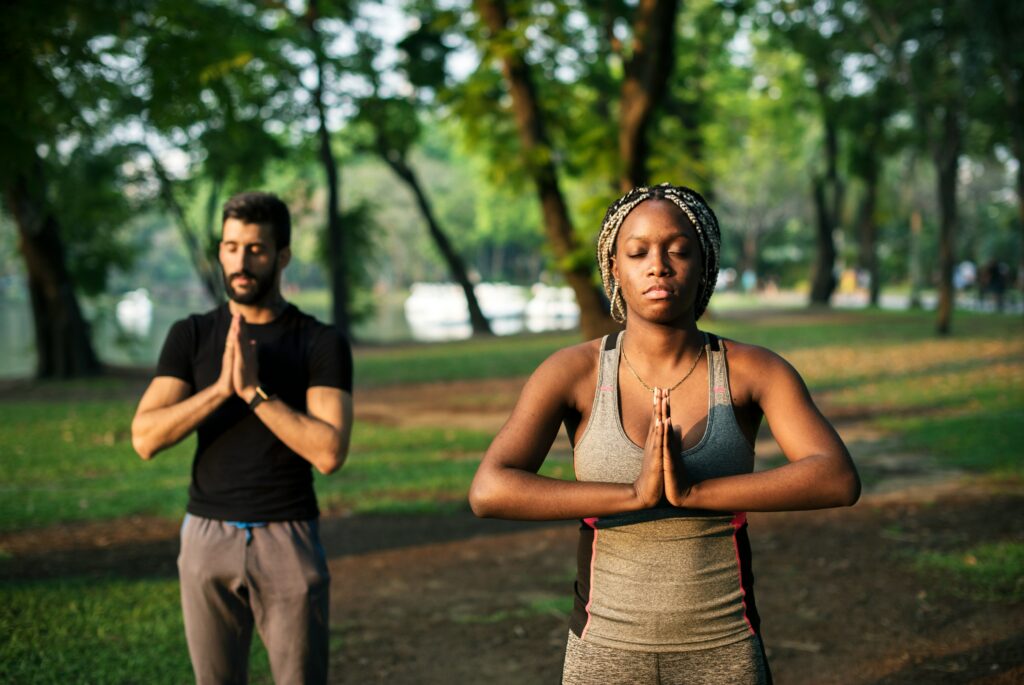The Recovery Secret Champions Know

Why Rest Is Part of the Mental Game
Many endurance athletes commit to their training just as they would to a job. They dedicate endless hours to training sessions and caring for their bodies so that on race day, they are prepared to perform. This relentless mindset can definitely fuel progress, but it is necessary to implement strategies to protect the athlete from exhaustion and burnout. There needs to be a balance between the body’s physical capabilities and the rest required to recharge the athlete.
The Psychology of Rest
Resting is not an easy concept for many endurance athletes. Some might even have the mentality of, Why rest when I can do more now! Many athletes may associate the need for rest with weakness, laziness, or even lost fitness. Sometimes, athletes might only rest when they feel exhausted and run down, especially during overtraining. Even though rest might be crucial at times, implementing it proactively in an athlete’s training can help them stay healthy throughout the season.
Learning to rest helps an athlete develop a sense of self-trust. An athlete can begin to trust in their training by recognizing not only the hard work they’ve put in, but also how rest allows them to reap the benefits. It can also help athletes enhance their trust in their body by recognizing the importance of rest and recovery for physiological adaptations and muscle repair.
ADVERTISEMENT

The Mental Benefits of Rest
Rest plays a significant role in enhancing an athlete’s mentality in several ways. Rest has been found to assist in the following:
- Boosting Motivation: Training seasons can be long and grueling. Athletes who continue to push themselves, physically and mentally, without rest might flirt with exhaustion and burnout. Including rest and recovery in a training schedule can help athletes stay connected to their “why” and purpose.
- Sharpening Focus: As athletes become fatigued, they may struggle with performance components such as concentration. Incorporating rest helps enhance cognition and improve focus.
- Enhancing Emotional Balance: Overtraining can cause an endurance athlete to experience a variety of emotions, including irritability, nervousness, and even anxiety. Incorporating intentional rest helps regulate mood and motivation.
Resting helps athletes become self-aware, disciplined, and emotionally regulated. Here are some strategies to help with implementing rest proactively:
- Plan the rest day in advance. Schedule rest and recovery days into your training plan. This allows an athlete to view it as a strategic part of their training. It also allows the athlete to see how rest and recovery days contribute to their overall development.
- Reframe the view of rest. Instead of viewing rest as a break from progress, consider it the foundation of growth. Rest should be viewed as a nonnegotiable component for training success.
- Use rest and recovery days to stay mentally engaged. These days can be highly productive. Use recovery time for journaling, practicing gratitude, or reviewing goals. These activities assist with the mind-body connection.
- Listen to body signals. One of the strongest powers any athlete possesses is that they are the only person who knows how they are feeling. Even if a session is scheduled on the training calendar, there might be days when an athlete is not feeling up to par. Learn to recognize physical and mental fatigue as cues to rest, not push harder.
Incorporating Rest Enhances Resilience
Learning the importance of managing energy is critical for endurance athletes. Being able to rest, recover, and return strong to training sessions assists in developing resilience. Endurance athletes need to understand that resting is not a setback. It’s a crucial skill set and strategy that boosts their physical and mental performance. It’s okay to rest with intention. It is a solid investment that will help build your endurance.
ADVERTISEMENT

JoAnne Bullard is a Doctor of Sport and Performance Psychology and a Certified Mental Performance Consultant through the Association for Applied Sport Psychology. She is also a Certified Strength and Conditioning Specialist through the National Strength and Conditioning Association.
She serves as a tenured Associate Professor at Rowan University and is the owner of Absolute Fitness, LLC. Her goal is to provide a holistically applied approach for clients through performance psychology consulting. She has experience working with athletes of all ages, including endurance athletes, in individual and group sessions. Her research areas include mindfulness, performance anxiety, goal setting, coping strategies, and mental well-being of athletes.
She has completed five marathons, numerous half-marathons, and is always looking for her next race.








